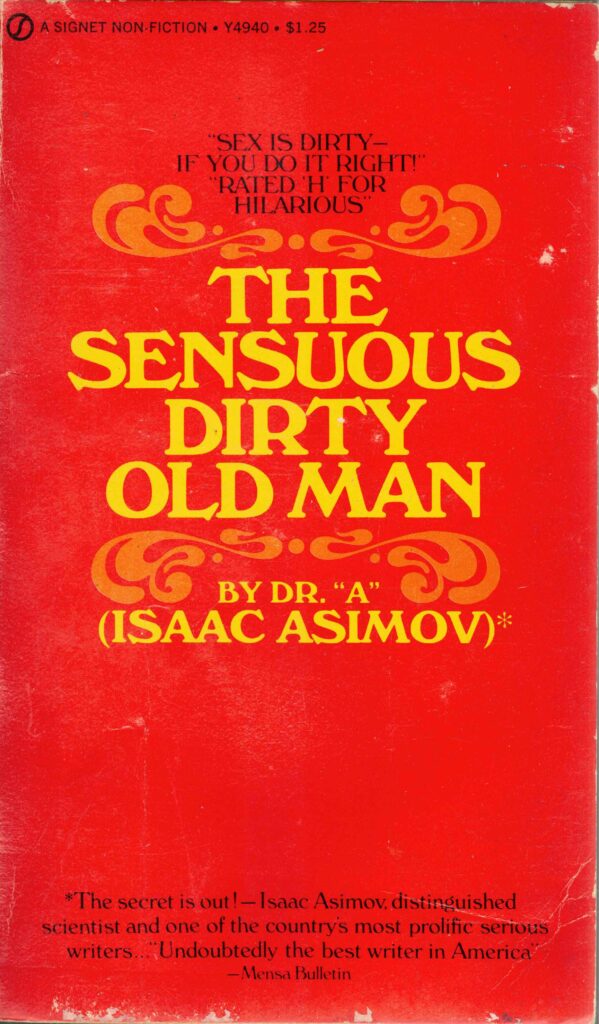1. ferine — feral, untamed, of or related to the state of animals existing in nature
Not all ferine creatures exhibit such maternal love, but many do.
2. latitudinarian — tolerant, allowing great latitude in attitude (esp. of religious principles); lax, lacking necessary rigidity in views
Of course, the allowances of these latitudinarian directives may stem as much from confusion about the policies of the new politburo as much as any real change in official policy.
3. faintified — [idiom] feeling faint, evincing propensity towards fainting
She had pretensions of being a true old-fashioned Southern belle, though her models tended to be the sighing type, wistful and faintified, instead of the hardscrabble women who could change a flat tire in the mud and pouring rain if need be.
4. majority — adulthood, legal age
He had founded and sold two companies before he had even reached his majority.
5. snooter — [informal] snooty person, snob
“Why you should bend over backwards for that bunch of snooters is more than I can understand.”
6. misgive — [archaic] to make doubtful or fearful; to suspect, to fear
Still these unadmitted assignations misgive me and daily my mind plagues itself with foul thoughts and worse suspicion.
7. limn — to draw, to depict; to describe, to delineate
And though he tried endlessly to limn the supposedly unearthly beauty of his new girlfriend’s features, going so far as to expound for a half hour upon the wonders of her nostrils, all we could see was that Gerald was very much smitten by her.
8. dotard — [archaic] old senescent person
“Look here, you dotard! I’ve been trying for an hour now and mayhaps you just can understand how to work the remote!”
9. bottomry — [nautical] shipping contract wherein the vessel is used as collateral to raise money financing a commercial voyage
The law was quite clear that even a markedly poor return had first to go to the lender, as only the actual loss of the ship itself released the borrower from the obligations imposed by bottomry.
10. videlicet — [Latin] to wit, namely, that is to say
By this agreement Mr. Porter granted the usufruct of his mother’s old homestead, videlicet the cottage known locally as ‘The March of Kent’, to one James Dinwoodie, currently resident in Shropshire.
Bonus Vocabulary
(British)
potman (also pot man) — pub worker who picks up empty glasses
Blackie found work as a potman at The Palky Gander, but was hard put to keep even that unchallenging position.
